 M. Rezaie
M. Rezaie
Some days ago the World Food Program announced its plan of providing bread for students in Nangarhar, Khost, and Jawzjan princes of Afghanistan. According to the plan, these organizations will give one student one bread for each day of school. The pictures they posted on social media received wide criticism.
As this project is implemented at the schools, it is of high importance to assess its economic, social, and, political outcomes and the long-term impacts it will have on the students.
In terms of economic view, the project tells us Afghanistan is on the brink of total economic collapse. It shows that people are in a situation where they are not able even to buy their most basic need; a loaf of bread. According to new research, 47 percent of Afghans only have one meal in a day and 97% of the people are under the poverty line.
If we go through the poverty reduction policies of Afghan Governments in different regimes, we will find one common treat among all of them; ethnic oriented approach.
According to ethnic-oriented social policy poverty reduction, the policymakers focus only on one ethnic group and exclude other ethnic groups. As a result, all resources, financial and administrative resources, will be provided to one ethnic group.
Such an approach prevents systematically the group of other ethnic groups and the potential will systematically be ignored and officials will not use them as the biggest wealth of the country in order to ensure a breakthrough in the cycle of economic stalemates the country faces.
The ethnic exclusion and poverty reduction public policies lead to fuel conflict and insecurity in the country. As excluded groups that suffer from multiple disadvantages come together when they have unequal rights. Different ethnic and religious and gender groups of Afghanistan are already frustrated by the Taliban’s increasing limitations, lack of public policy initiatives, closed political policy, and denied their basic rights of them.
In terms of the political impacts of ethnic marginalization, it acts as the accelerator of the political gap in the country. When nearly all resources are allocated to one ethnic group, the marginalized group will not take an active role in all the political processes. But it is not limited to non-participation in the political processes. When ethnic groups are marginalized based on their ethnicity, they not only are not afraid of political turmoil but look at them as a saver angle. When the time and place are suitable for the riot, they will seize any opportunity to revolt against the government which marginalization of other ethnic groups and makes them poorer as its overriding national policy. For such ethnic groups, nation-building, social cohesion, and national interests look like the most nonsense discourses. The only thing they value and matter to them is to find an opportunity to put to the ethnic marginalization policies that have denied them their basic rights. If we look at the conflict history of Afghanistan, changing the system is not the mean thing people pursue, though it does not seem so! But, it is the hidden framework behind the system. People have recognized very well it is the “ethnic marginalization” hidden framework behind the kingdom, republic, Islamic State, Emarate, and … that certain politicians use them to ensure the continuation of an unfair and unjust system of preference of a specific ethnic group over other ethnic groups of the country.
The current policies of the Taliban will force most of the Afghan people to join the terrorist groups, armed opposition groups, and mafia. Nothing can be more shocking than that 97 percent of the Afghans are already under the poverty line and 47 percent of them only eat one mail in 24 hours. As the Taliban leadership has said once and again the group is not responsible for the bread of the nation! Because God will give them; It means they either do not want or are not capable of developing policies to tackle poverty systematically and provide basic economic support to all of the Afghans.
In a country where poverty is widespread, people are excluded systematically based on ethnicity, religion, and gender, and conflict and civil war are inevitable.
Economic poverty besides the Taliban’s political, social, and cultural restrictive policies lead Afghanistan to the civil war. And there has been no breakthrough seen from the international community or change in the policies of the Taliban.

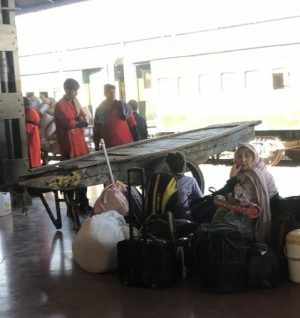
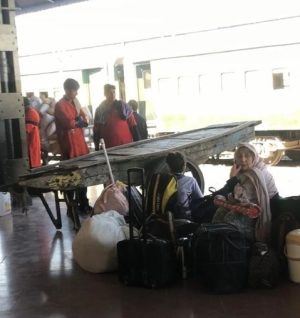
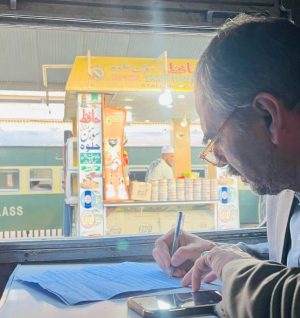

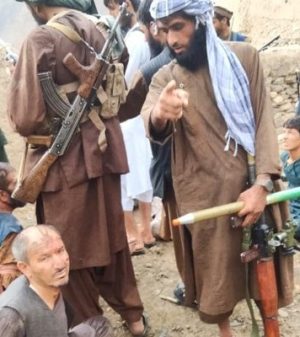
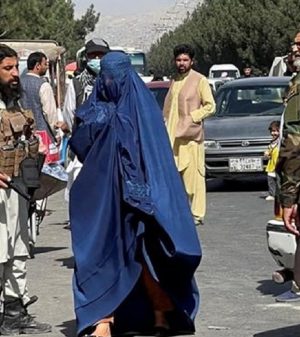
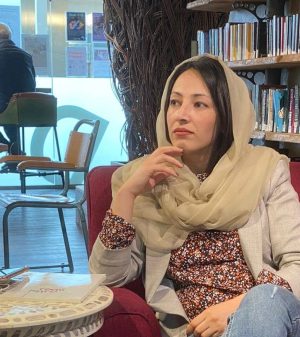
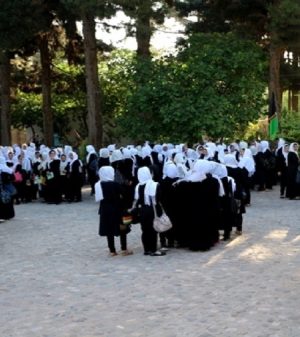
Add Comment